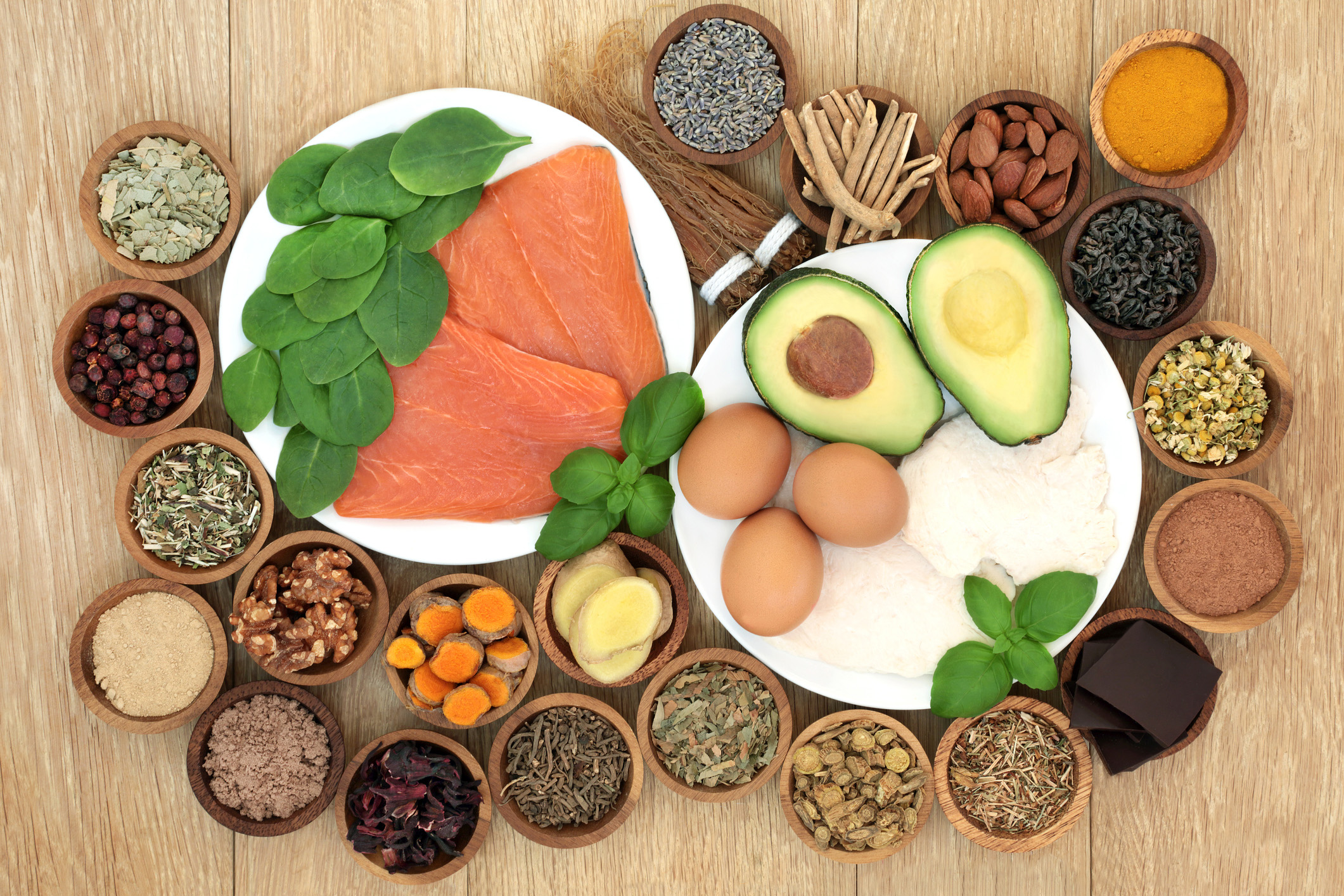When the world shut down last Spring at the outset of the COVID-19 pandemic, people were thrown into incredibly stressful situations trying to navigate social isolation, working, and learning from home all while trying to keep vulnerable loved ones safe from serious illness. Now 15 months later as businesses and schools start to reopen, and families face the challenges of re-entry, many people are feeling anxious and stressed again. But by learning to manage stress with rest, mindfulness, exercise, and eating the right foods, individuals can tamp down overwhelming feelings.
According to a recent Everyday Health post, high-stress levels can lead to cravings for unhealthy foods. But chowing down on refined carbs and sugars like chips and baked goods can spike blood sugar temporarily and then when levels crash, cause more anxiety and stress. By choosing nutritious alternatives, especially healthy fats like avocados, eggs, salmon, or walnuts, blood sugar, hormones, mood, energy, and sleep are better regulated. These foods also tend to keep people feeling full and fueled up for longer.
Stress not only causes people to crave comfort foods that are unhealthy and can lead to weight gain but prolonged stress can also decrease lean muscle mass which in turn dials down the metabolism, making it harder to lose weight. Instead of reaching for a donut, a small piece of dark chocolate can satisfy the craving while supplying the body with stress-reducing antioxidants.
Not all carbs are created equal – whole grain bread, quinoa, brown rice, steel-cut oats or sweet potatoes are complex carbohydrates that can boost mood by increasing serotonin levels, a natural stress buster. Leafy greens are a good source of magnesium which can help regulate cortisol (the stress hormone) and folate that helps in the production of dopamine(the happy hormone) to improve mood.
Fruits rich in vitamin C and bananas which are an excellent source of potassium can also support a healthy nervous system, helping to decrease anxiety, stress, fatigue, and depression. Potassium found in bananas may also help lower blood pressure.
Of course, especially in the hot summer months, it’s important to stay hydrated by drinking plenty of water. Herbal tea or warm milk in the evening can also help reduce stress and provide a comforting ritual that promotes good sleep. Avoid caffeine later in the day and more than one alcoholic beverage as they can interfere with a restful night’s sleep.
The key to maintaining a healthy, stress-fighting diet is to plan ahead and have healthy options on hand to avoid making poor choices that can lead to greater anxiety and weight gain. Meal planning and shopping are as important to overall well-being as getting in your daily steps and finding ways to unwind.
Learn more about creating a stress-reducing diet in author Ali Miller’s The Anti-Anxiety Diet Cookbook or by following her blog. Miller is a dietician focused on using food as medicine and creating recipes that reduce inflammation, support gut health and nourishment while helping to regulate mood and emotions.






Add Your Voice
0 Comments
Join the Discussion